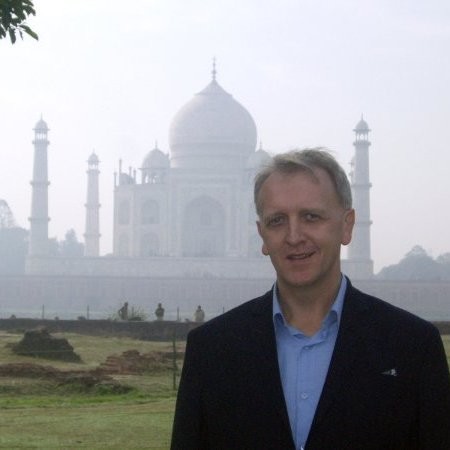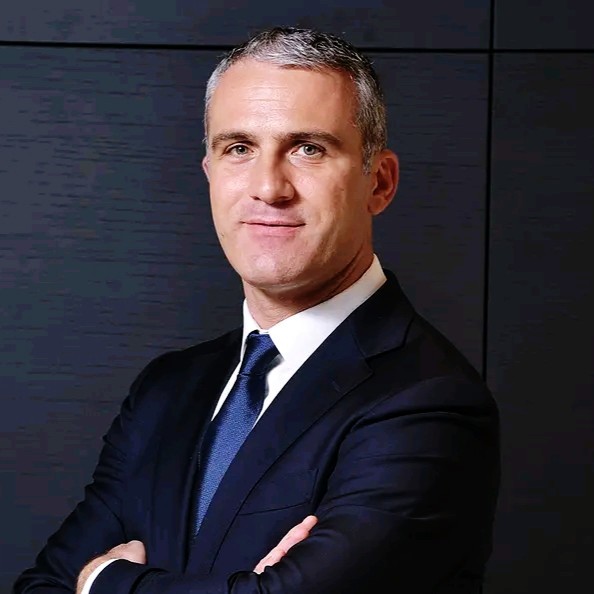Robert Putnam's Email & Phone Number
American political scientist
Robert Putnam's Email Addresses
Find personal and work emails for over 300M professionals
Not the Robert Putnam you were looking for? Continue your search below:About Robert Putnam
📖 Summary
Robert Putnam is a prominent American political scientist known for his groundbreaking work in the field of political sociology. He has made significant contributions to our understanding of social capital, civic engagement, and the nature of democracy in modern society. Born in 1941 in Rochester, New York, Putnam attended Swarthmore College and later studied at Balliol College, Oxford, as a Rhodes Scholar. He then earned his Ph.D. in political science from Yale University, where he has spent much of his academic career.
One of Putnam's most influential works is his 2000 book "Bowling Alone: The Collapse and Revival of American Community." In this book, Putnam explores the decline of social capital and civic engagement in the United States, using the metaphor of bowling alone to illustrate the breakdown of community and social connections. He argues that this decline has profound implications for the health of democracy and the well-being of society as a whole. The book sparked widespread debate and has had a lasting impact on our understanding of the challenges facing modern society.
In addition to "Bowling Alone," Putnam has written numerous other books and articles on topics such as democracy, inequality, and the role of government in promoting social well-being. He has been a leading voice in the study of social capital, which refers to the networks of relationships and the norms of reciprocity that contribute to the functioning of communities and societies. Putnam's work has demonstrated the importance of social capital for a range of outcomes, including economic prosperity, public health, and political stability.
One of the key insights from Putnam's research is the idea that social capital is not evenly distributed across society. Some communities and groups have higher levels of social capital, while others have been left behind. This has implications for inequality and social cohesion, as well as for the functioning of democratic institutions. Putnam's work has highlighted the need for policies and initiatives that can help to promote social capital in disadvantaged communities and bridge the gaps between different groups in society.
Putnam's influence extends beyond the academic world. His work has been widely cited in political and policy debates, and he has advised governments and international organizations on issues related to democracy, social capital, and community development. He has also been a leading figure in efforts to promote civic engagement and to strengthen democratic institutions. In recognition of his contributions, Putnam has received numerous awards and honors, including the Skytte Prize, which is considered one of the most prestigious awards in political science.
Putnam's work continues to be relevant today, as we grapple with the challenges of building inclusive and vibrant communities in an increasingly interconnected world. His emphasis on the importance of social capital and civic engagement resonates in an era marked by growing political polarization and social division. Putnam's insights have helped to inform efforts to revitalize communities, foster dialogue across lines of difference, and strengthen the foundations of democracy. His work reminds us of the enduring value of social connections and the potential for positive change when people come together to address common challenges. In a time of uncertainty and upheaval, Putnam's research offers a valuable roadmap for building a more inclusive and resilient society.
Frequently Asked Questions about Robert Putnam
Why is Robert Putnam important?
Robert Putnam might be the best known political scientist in America. A longtime professor at Harvard, he has published several books that recast our understanding of important questions in politics.
What is Putnam's idea of social capital?
For Putnam (1993 p. 35; 1993), social capital refers to 'features of social organizations, such as networks, norms and trust that facilitate action and cooperation for mutual benefit'. Putnam followed Coleman's belief that social capital is a quality that can be a facilitator of interpersonal cooperation.Jun 15, 2023
What is the bowling alone theory?
He has described the reduction in all the forms of in-person social intercourse upon which Americans used to found, educate, and enrich the fabric of their social lives. He argues that this undermines the active civic engagement which a strong democracy requires from its citizens.
How does Robert Putnam establish credibility?
Robert Putnam establishes credibility through his use of footnotes which shows that he conducted research on | Course Hero.
Robert Putnam's Email Addresses
People you may be
interested in
American film actor
43rd U.S. President
American voice actor and animator
Malaysian squash player
Cameroonian basketball player
American basketball shooting guard
TV personality
American actress
Turkish writer and journalist
Football quarterback
American actress and singer

Head of Client Contracts & Distribution Support at Invesco US








